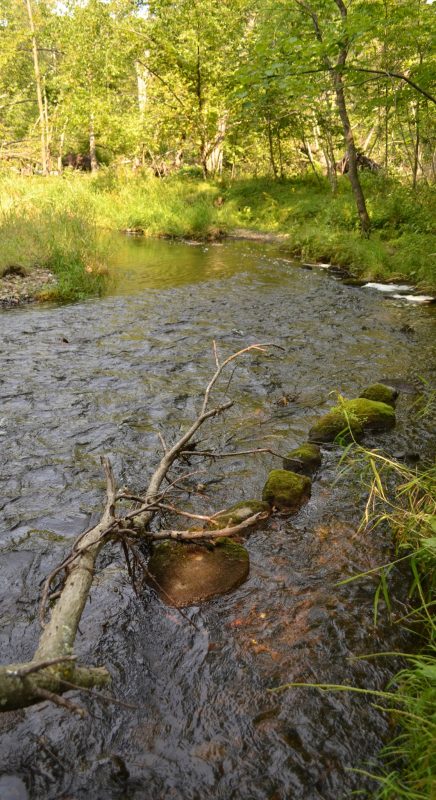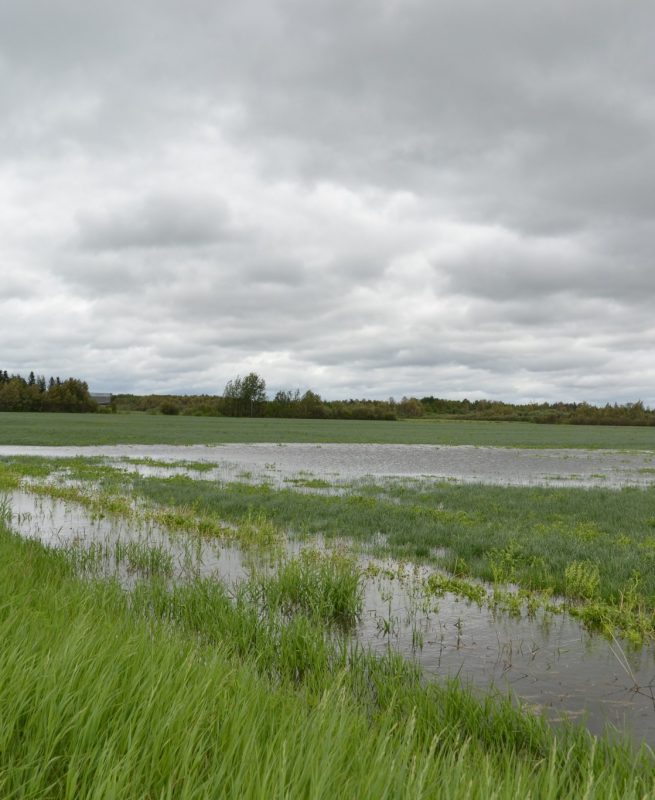PROGRAMS & SERVICES
- Programs & Services
- Aquatic Invasive Species
- Cooperative Weed Management
- Conservation Partners Legacy Grant (CPL) Program
- Education
- Forest Resources
- Minnesota Soil Loss and Buffer Law
- Native Plant Seed and Plug Sale
- Plat Book
- State Cost-Share
- Tree Program
- Watershed Pollutant Load Monitoring Network (WPLMN)
- Wetland Conservation Act (WCA)
- Wood Ash
WHAT IS WCA?
In 1991, the Minnesota Legislature responded to growing concerns over the state’s wetland management processes by passing the Wetland Conservation Act (WCA). Considered to be one of the most comprehensive wetland laws in the country, the Wetland Conservation Act ensures that we maintain and protect Minnesota’s wetlands and the benefits they provide.
HOW DOES IT WORK?
To retain the benefits of wetlands and reach the legislation’s goal of no-net-loss, the Wetland Conservation Act requires anyone proposing to drain, fill, or excavate a wetland to first, try to avoid disturbing the wetland; second, to try to minimize any impact on the wetland; and finally, to replace any lost wetland acres, functions, and values.
Certain wetland activities are exempt from the act, allowing projects with minimal impact or projects located on land where certain pre-established land uses are present to proceed without regulation.
WHAT IS A WETLAND?
A site is considered a wetland when all three of the following wetland characteristics are met: the presence of hydric soils (which develop under wet conditions); the presence of groundwater hydrology (meaning the soil is inundated or saturated with water to within 12 inches of the surface for at least 5% of the growing season) the presence of hydrophytic vegetation (plants that are capable of living in or near water where oxygen can be limited or absent in the soil for extended periods of time).
Developed by the U.S. Fish and Wildlife Service in 1956, the Circular 39 system is still used today to categorize wetlands in Minnesota into eight types. Click Here for photos and wetland type descriptions.
DO I HAVE WETLANDS?
Wetlands are more than just cattails and lily pads. Best known for wildlife habitat or a great place to hunt, wetlands offer numerous environmental benefits including
Water quality benefits like filtering pollutants out of surface water and groundwater, using nutrients that would otherwise pollute public waters, trapping sediments, protecting shoreline, and recharging groundwater supplies; Floodwater and storm water retention benefits like reducing the potential for flooding in the watershed; Public recreation and education benefits like hunting and fishing areas, wildlife viewing areas, and nature areas; Commercial benefits, including wild rice and cranberry growing areas and aquaculture areas; Fish and wildlife benefits; and Low-flow augmentation benefits during times of drought.
DO I NEED A PERMIT?
Although the WCA allows exemptions for certain activities, most projects will require a permit when working in or near wetlands. Contact us prior to beginning your project to find out whether your activity is exempt or whether it will require a permit and replacement plan.
- Marcie Peeters, Resource Conservationist
- 218-283-1175
- marcie.peeters@co.koochiching.mn.us
WHAT IS A CEASE AND DESIST ORDER?
If you decide to move ahead with your project before obtaining the proper permits, a DNR Wetland Enforcement Officer (WEO), Conservation Officer (CO), or other peace officer may issue a “cease and desist order” which is an order to stop any further work on the project in question until a determination can be made on whether or not a violation of the WCA has occurred. If it is determined that a violation of the act has occurred, a restoration order will be issued and you will be required to restore the wetland back to the pre-altered condition. Violating a cease and desist order is a misdemeanor and could result in criminal prosecution. It is the responsibility of both the landowner and the contractor hired by the landowner to be sure that the work being done is allowed under the WCA and that all necessary permits have been obtained. Contact us for assistance in obtaining the required forms and permits.
WHO REGULATES THE WCA AND WHO SHOULD I CONTACT FOR HELP?
Locally, the Koochiching County Environmental Services Department is the local governmental unit (LGU) responsible for administering the WCA within the county and within the city limits of Ranier and Big Falls. The Koochiching Soil & Water Conservation District (SWCD) assists the County by providing the technical assistance in the form of wetland identification, technical evaluation panel (TEP) and technical advisory committee (TAC) reviews, wetland education and information, permit applications and, when required, preparing restoration plans. Please contact us with any questions regarding wetlands or the Wetland Conservation Act (WCA).
Locally, within the city limits of International Falls, the City of International Falls is the local governmental unit (LGU) responsible for administering the WCA.
At the State level, the Board of Water and Soil Resources (BWSR) provides administrative oversight while the Minnesota Department of Natural Resources (MN DNR) Conservation Officers enforce wetlands violations. NOTE: Wetlands that are identified on the DNR inventory of protected waters and wetlands are regulated solely by the DNR.
At the Federal level, the US Army Corps of Engineers (ACOE) is ruled by Section 404 of the Clean Water Act. Contact Mark Davidson for questions related to Section 404 of the Clean Water Act.
ADDITIONAL LINKS RELATED TO MINNESOTA WETLANDS:
(some require Adobe Reader– click for free download)

